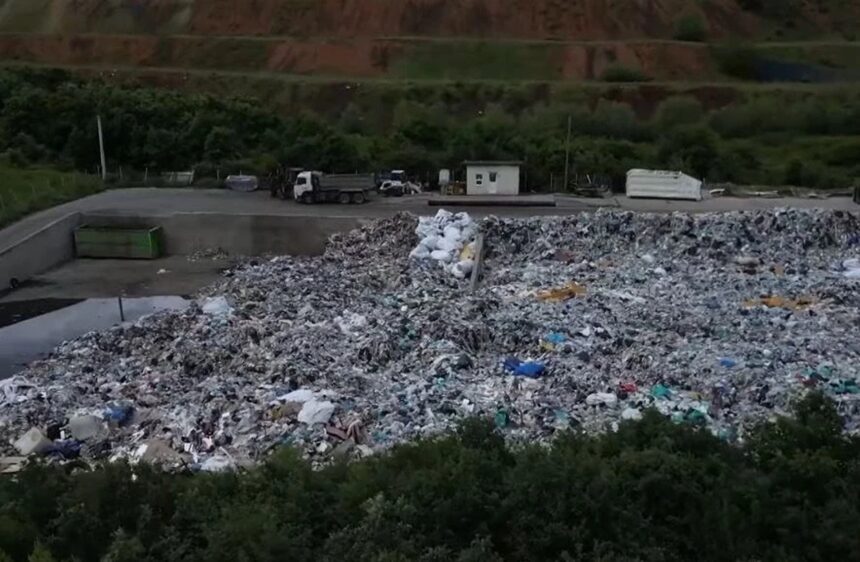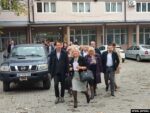The number of illegal landfills in Kosovo has increased by 13% within a single year, while air quality has shown no improvement, according to the European Commission’s 2025 Progress Report for Kosovo.
From 403 illegal dumpsites in 2024, the figure has risen to 458 in 2025. The report highlights not only the growth in illegal waste sites but also the weak institutional response.
“The number of illegal landfills increased by 13.6% during the reporting period. The inspection capacity of central-level institutions must be urgently strengthened. Inter-municipal waste management plans need to be adopted and implemented,” the report notes.
Environmental expert Besnik Shabiu called the findings “alarming,” stressing that Kosovo lacks a clear waste management policy and that environmental projects receive minimal budget support.
“Illegal landfills just keep shifting locations, but their number keeps growing. The state has no waste management policy at all. Everything that happens with waste here ends in one place — it’s collected and buried,” said Shabiu.
The European Commission report also sounded the alarm over air pollution, stating that no progress has been made in improving air quality, which continues to pose serious health risks.
“Public awareness of the importance of environmental protection remains limited and increasingly urgent. No progress was recorded regarding air quality. It continues to represent a major health risk due to delays in implementing corrective measures to curb pollution,” the report states.
Shabiu added that Kosovo’s environmental situation has worsened amid the recent political crisis:
“Unfortunately, this past year we’ve faced almost a full year of deep political crisis, and naturally the latest report reflects that — the figures are alarming but not unexpected, given the reality and the lack of investments,” he said.
The report further points out that 40% of public forests remain exposed to illegal or uncontrolled logging, underlining limited progress in enforcing forestry laws.







